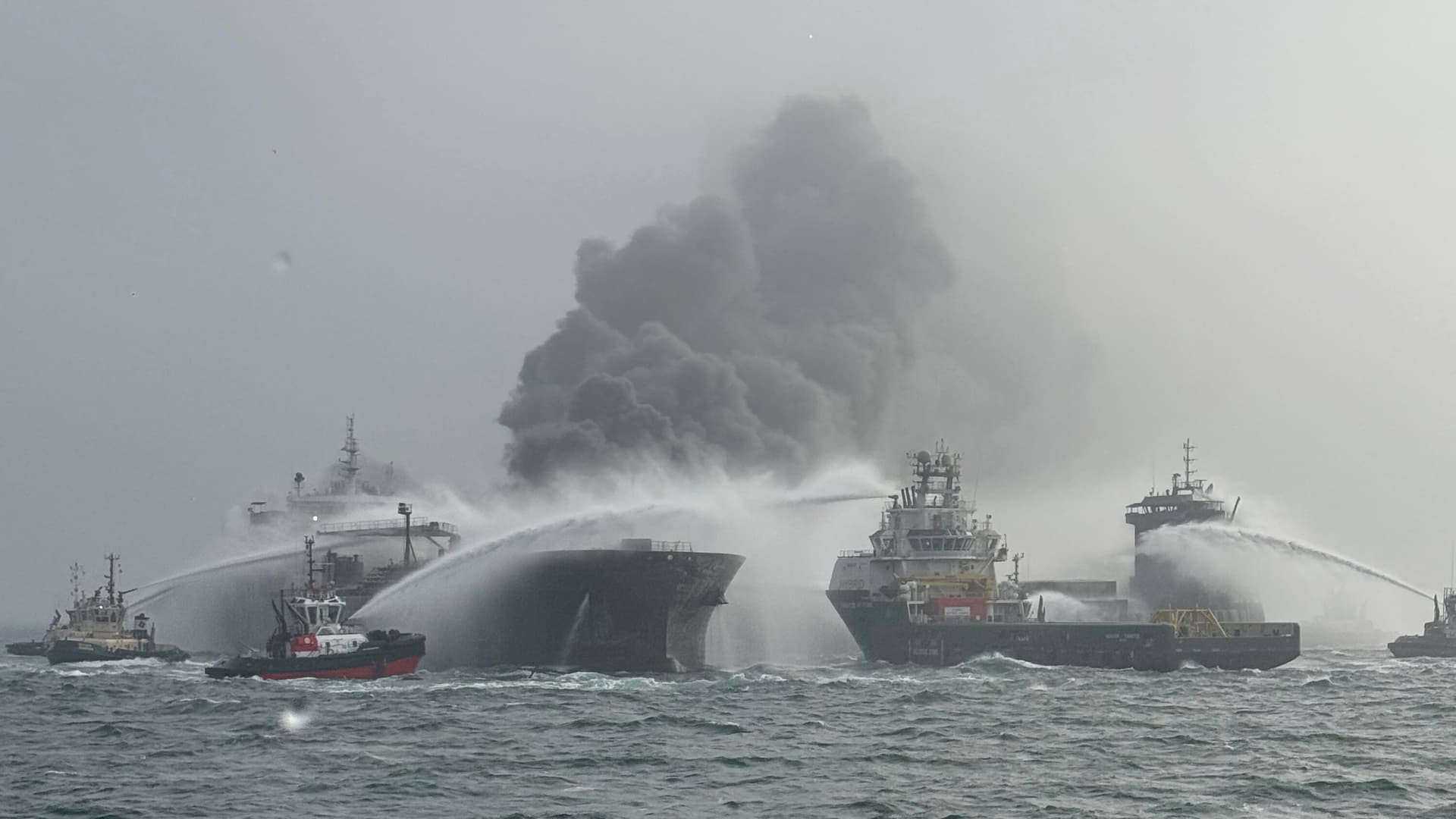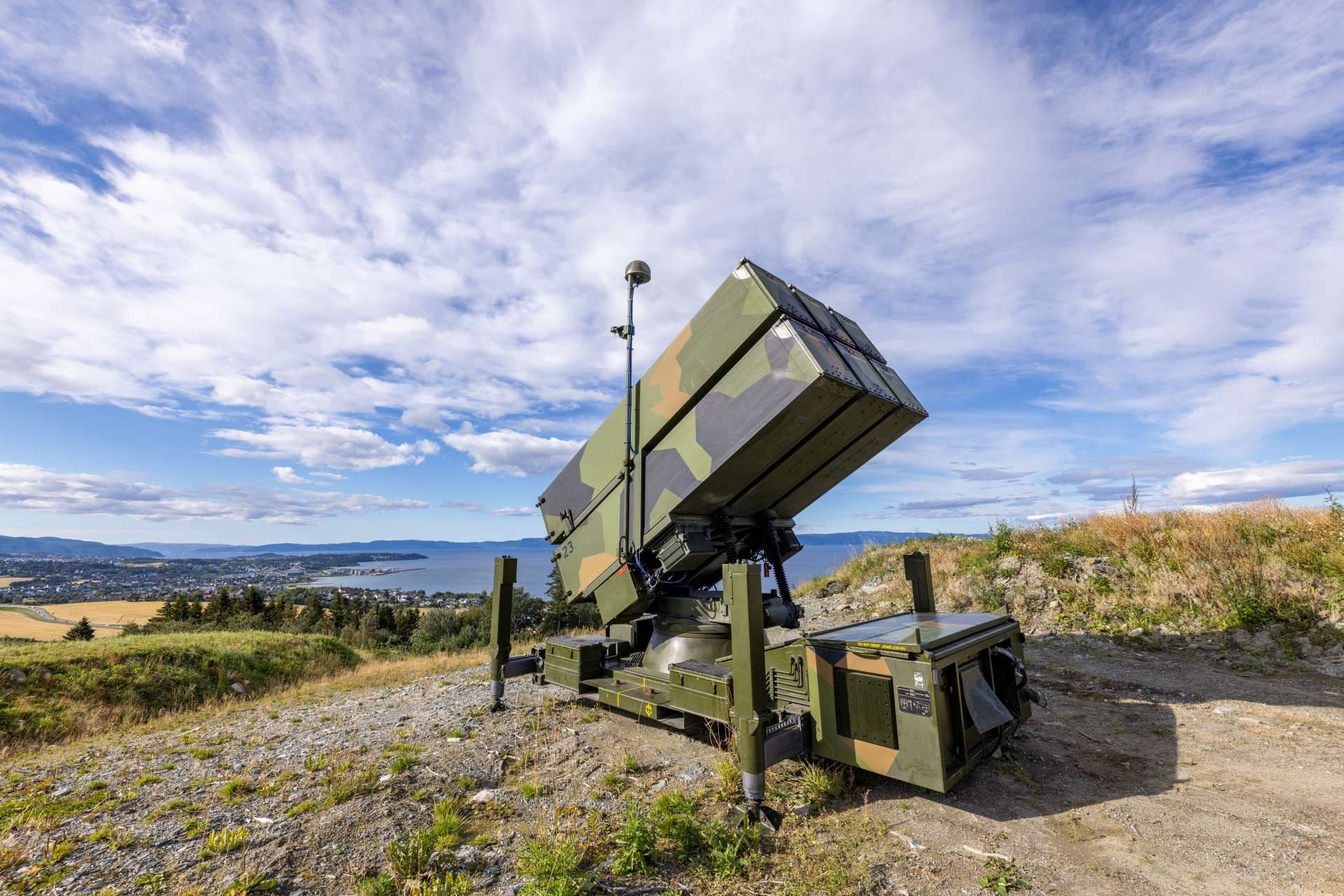Drone Strike Ignites Turkish Tanker Off Odesa, Crew Evacuated
A Turkish flagged tanker was struck by a drone while offloading liquefied petroleum gas near Izmail in Ukraine's Odesa region, setting the vessel ablaze but prompting the safe evacuation of all 16 crew members. The attack heightens fears over commercial shipping in the Black Sea and could worsen logistical and insurance strains for energy and grain exports.

A drone struck the Turkish flagged tanker MT Orinda on November 19, 2025, while the vessel was offloading liquefied petroleum gas in the Izmail port area of Ukraine's Odesa region, officials reported. The strike ignited a fire aboard the ship and forced crews to suspend the offloading operation, but local authorities and Turkish maritime agencies said all 16 crew members evacuated safely and there were no injuries.
Ukrainian authorities opened an investigation into the incident as Kyiv and international maritime organizations warned that commercial shipping in the Black Sea faces escalating risks after a spate of missile and drone attacks on ports and energy infrastructure. The Orinda attack comes amid sustained tensions that have already complicated the movement of energy cargoes and foodstuffs through the region, and it underscored the vulnerability of tankers and terminals engaged in fuel transfers.
Initial reports said the vessel sustained visible damage and that port operations at the Izmail facility were interrupted. Local emergency services moved to contain the blaze and secure the area, while port operators began damage assessments to determine the extent of physical harm to mooring equipment and cargo handling systems. The suspension of offloading is expected to delay deliveries of liquefied petroleum gas bound for domestic and regional markets, raising the prospect of short term supply frictions.
The strike also has potential knock on effects for shipping routes and insurance markets. Owners and operators of commercial vessels have grown increasingly wary of transiting the Black Sea since missile and drone campaigns targeted maritime and coastal energy nodes. War risk premiums and special insurance surcharges for shipments in the region have risen in recent months, and shipping companies may respond by rerouting vessels or temporarily suspending voyages to certain Ukrainian ports. Those moves would increase freight costs and could slow energy and agricultural export flows that depend on seaborne transport.
Kyiv has repeatedly called for stronger protections for civilian shipping and for clearer international mechanisms to guarantee safe passage, while maritime authorities have urged all parties to respect commercial navigation. Investigators will seek to establish the origin of the drone and whether the strike was aimed specifically at the Orinda or represented a broader attempt to disrupt the port complex. The outcome could influence liability questions for insurers and charterers, and it may factor into diplomatic discussions over maritime security measures in the Black Sea.
The incident highlights the broader economic stakes of maritime insecurity. The Black Sea remains a corridor for critical shipments of energy and grain, and sustained attacks on vessels or port infrastructure would compound pressure on global commodity markets already sensitive to supply disruptions. For now the immediate human toll from the Orinda strike is limited, but the geopolitical and commercial consequences are likely to reverberate as authorities probe the attack and stakeholders reassess the risks of operating in the region.


